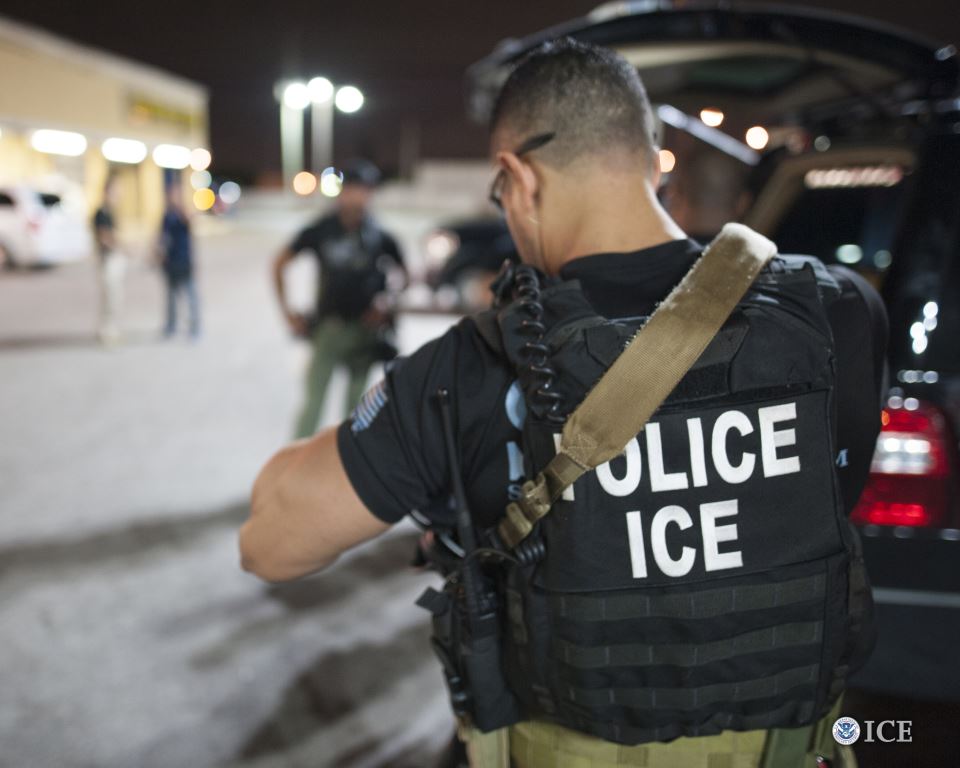
No Arrests Reported in LA Consulate’s Jurisdiction
Despite stepped-up immigration enforcement nationwide, no Korean undocumented immigrants have been arrested in the western U.S. since President Donald Trump took office on January 20, according to the Los Angeles Consulate General.
The consulate, which covers Southern California, Nevada, Arizona, and New Mexico, reported zero cases requiring consular assistance during that period.
Federal Raids Hit East Coast, Not the West
While ICE agents detained Korean green card holders on the East Coast in February, no similar arrests involving undocumented Koreans have emerged in the Southwest. Trump’s early executive orders intensified immigration crackdowns, but Koreans in the West appear unaffected—for now.
One possible reason: California police departments often limit cooperation with federal immigration agencies. “They’re not sharing data or joining joint operations,” a consulate official said. That may be why arrests haven’t surfaced in the region.
Even so, the consulate noted some cases may have gone unreported.
Consular Help Still an Option
Anyone detained by ICE has the right to consular assistance under the Vienna Convention on Consular Relations. If a Korean national requests it, federal agents must notify the nearest consulate.
The LA Consulate can then conduct interviews and check on the individual’s well-being. “If you’re a Korean national and get picked up, ask ICE to contact us,” the official said.
Korean Embassy Urges Visa Renewal
On February 15, the Korean Embassy in Washington, D.C. issued a public alert advising nationals to check their visa status. Those in the U.S. for work, study, or travel were urged to renew expiring documents quickly to avoid legal risk.
Seoul Steps Up Diplomatic Support
The Korean Ministry of Foreign Affairs held a consular safety meeting on February 27 (Korea time), bringing together staff from 14 U.S. and 4 Canadian missions.
Yoon Ju-Seok, Director of Consular Safety, urged consulates to act fast when Koreans are detained and to build stronger lines of communication with U.S. agencies. “We need to make sure our citizens aren’t mistreated during enforcement,” he said.




